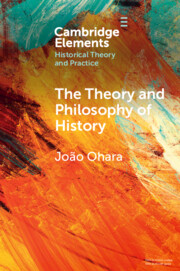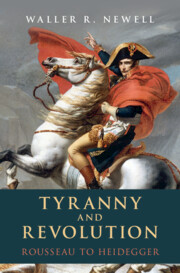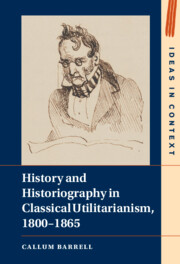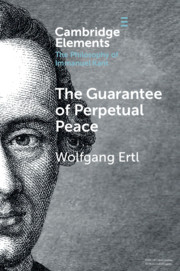IR scholars have made increasingly sophisticated use of historical analysis in the last two decades. To do so, they have appealed to theories or philosophies of history, tacitly or explicitly. However, the plurality of approaches to these theories has gone largely unsystematized. Nor have their implications been compared. Such historical–theoretic orientations concern the ‘problem of history’: the theoretical question of how to make the facts of the past coherently intelligible. We aim to make these assumptions explicit, and to contrast them systematically. In so doing, we show theories of history are necessary: IR-theoretic research unavoidably has tacit or overt historical–theoretic commitments. We locate the field’s current historical commitments in a typology, along two axes. Theories of history may be either familiar to the observer or unfamiliar. They may also be linear, having a long-term trajectory, nonlinear, lacking such directionality, or multilinear, proceeding along multiple trajectories. This comparative exercise both excavates the field’s sometimes-obscured commitments and shows some IR theorists unexpectedly share commitments, while others unexpectedly do not. We argue that better awareness of historical–theoretic reasoning, embedded in all IR uses and invocations of history, may encourage the discipline become more genuinely plural.



